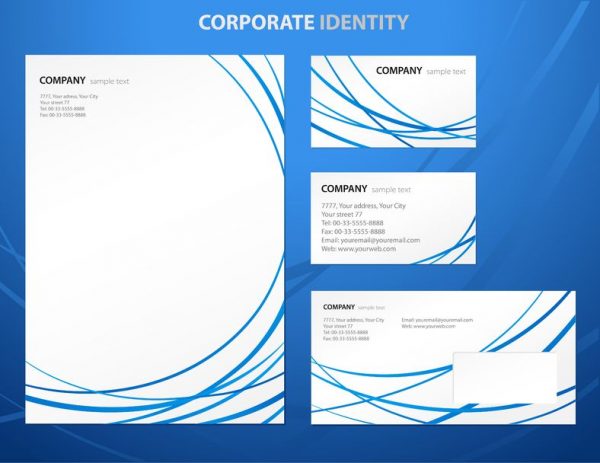Starting a business is an exciting time. Your motivation is high, you are bursting with ideas and eager to get on with developing a successful and prosperous business. Planning is important at this early stage. Once you have determined the viability of your business concept and you are ready to set up your business you will need to think about the type of structure you will use. Which is the best vehicle from which to conduct your business? This is not a “one size fits all” situation and different structures may be appropriate for different stages of your business.
Decide on a Business Structure
The most common business structures in New Zealand are: sole trader, partnership and company.
Sole trader
You will operate your business on your own under your own name or a trading name.
In this situation the business is not a separate entity. You are your business. You will be personally liable for your business obligations and debts. Creditors may come after your personal assets.
This option has low start up costs and the greatest freedom from regulation. You will be in direct control of your business and will receive all the profit. This option has succession planning pitfalls and it may be difficult to raise capital through outside investors.
Partnership
You will operate your business with one or more persons.
A partnership is created by individuals who are bound together by an agreement to operate for some joint purpose and for profit. The partners can only be changed by dissolving the partnership and establishing a new one.
Partnerships are governed by the Partnerships Act 1908 and the partnership agreement.
Partners have unlimited personal liability for the obligations and debts of the partnership. Any act done by a partner when carrying on business in the usual way will bind the partnership. Every partner is liable jointly with the other partners for all the debts and obligations of the partnership incurred while he or she is a partner. That means that each partner is personally responsible for the consequences of the actions of the other partners.
There is another form of partnership called a “Limited Partnership”. This offers the benefits of limited liability protection for the partners. However, these arrangements are not used much in New Zealand.
Company
You will operate your business as an entity that is separate from yourself and your personal assets.
A company must have a unique name, at least one director and at least one shareholder. The directors manage the day to day operations of the company. The shareholders are effectively the owners and generally have control over the directors.
A company must be registered with the Companies Office and is governed by the Companies Act 1993, the company’s constitution and the shareholder’s agreement (if any).
The most attractive feature of a company is the limited liability protection for the company’s shareholders. A company is a separate legal entity and will be liable for its own debts. The shareholders personal liability is limited to the amount that shareholder has invested in the company or has agreed to contribute to the capital of the company.
Operating as a company makes it easier in the future to bring on new owners or to sell your business without affecting the business as a whole and operations can generally continue uninterrupted.
If you are uncertain about which structure is right for your business, a lawyer at PW Jones can help you choose.
676 Comments
Comments are closed.





Hi
Can you tell me the best structure a person should use when becoming a real estate agent?
It was mentioned that opening a company within a company would be the best way, is this correct?